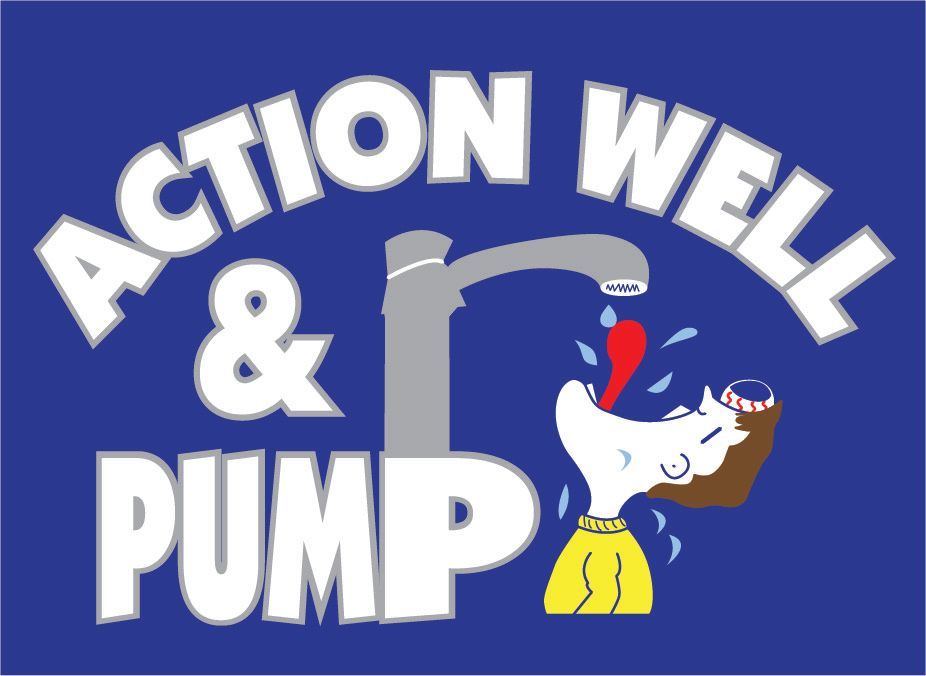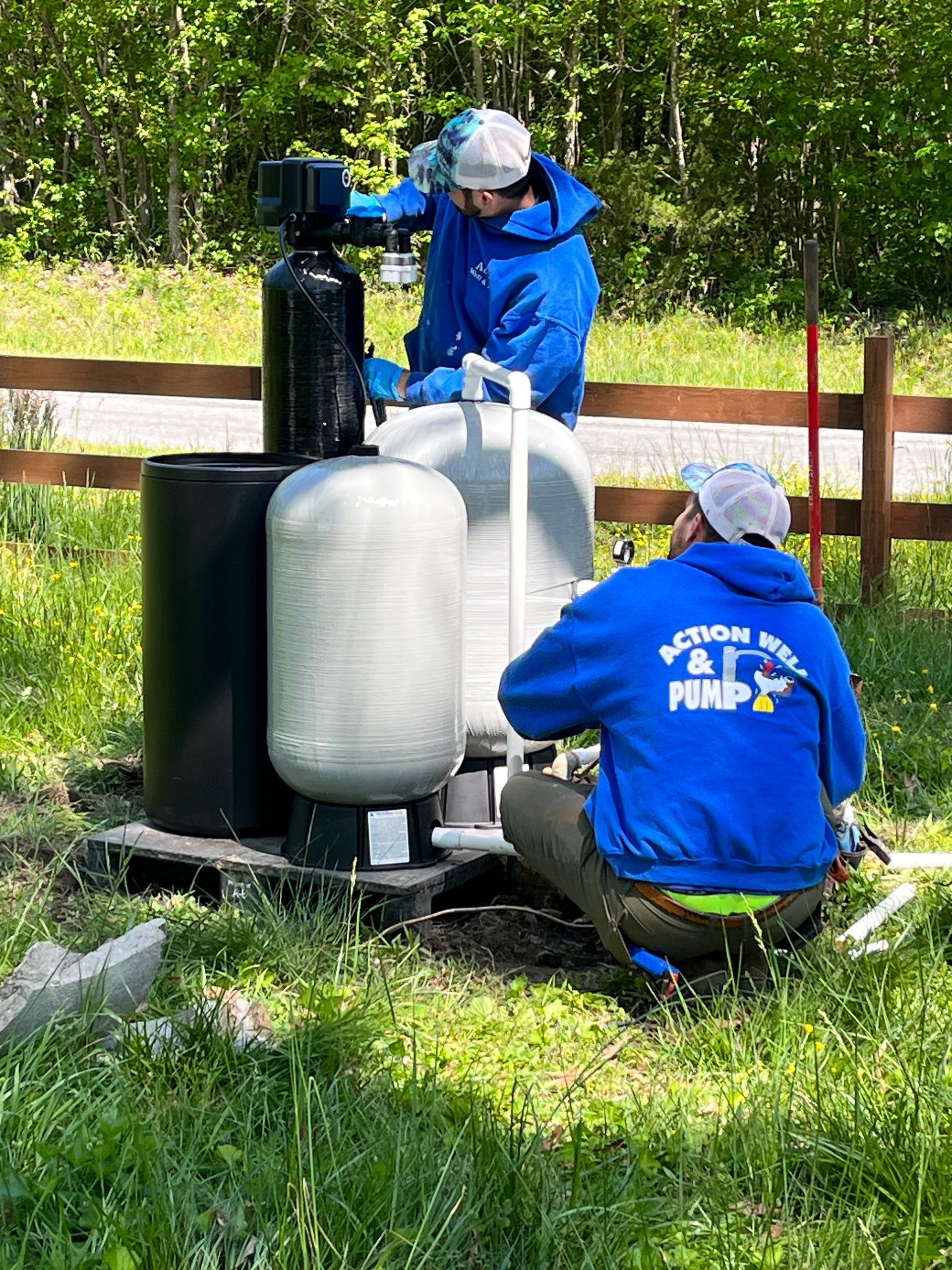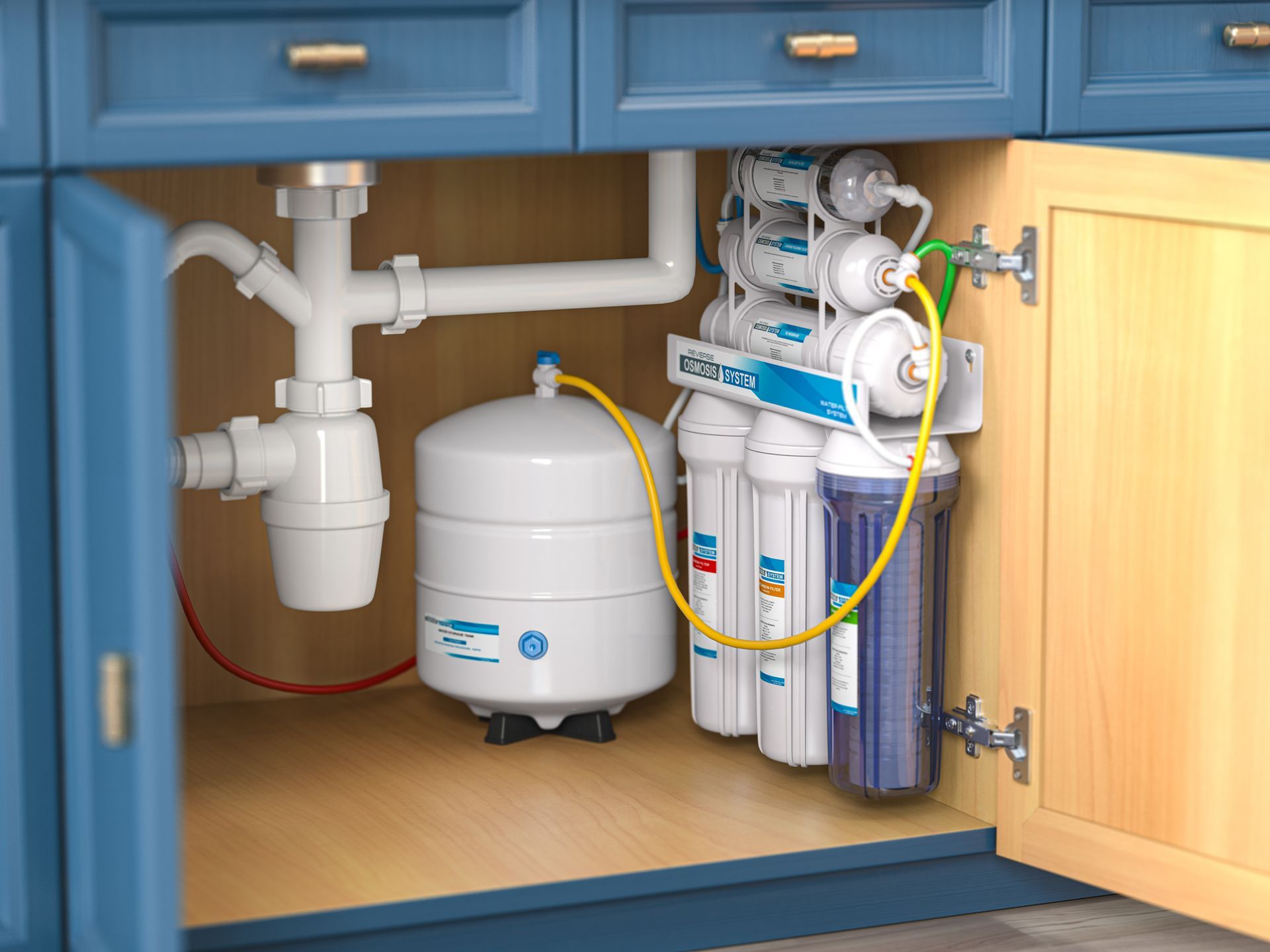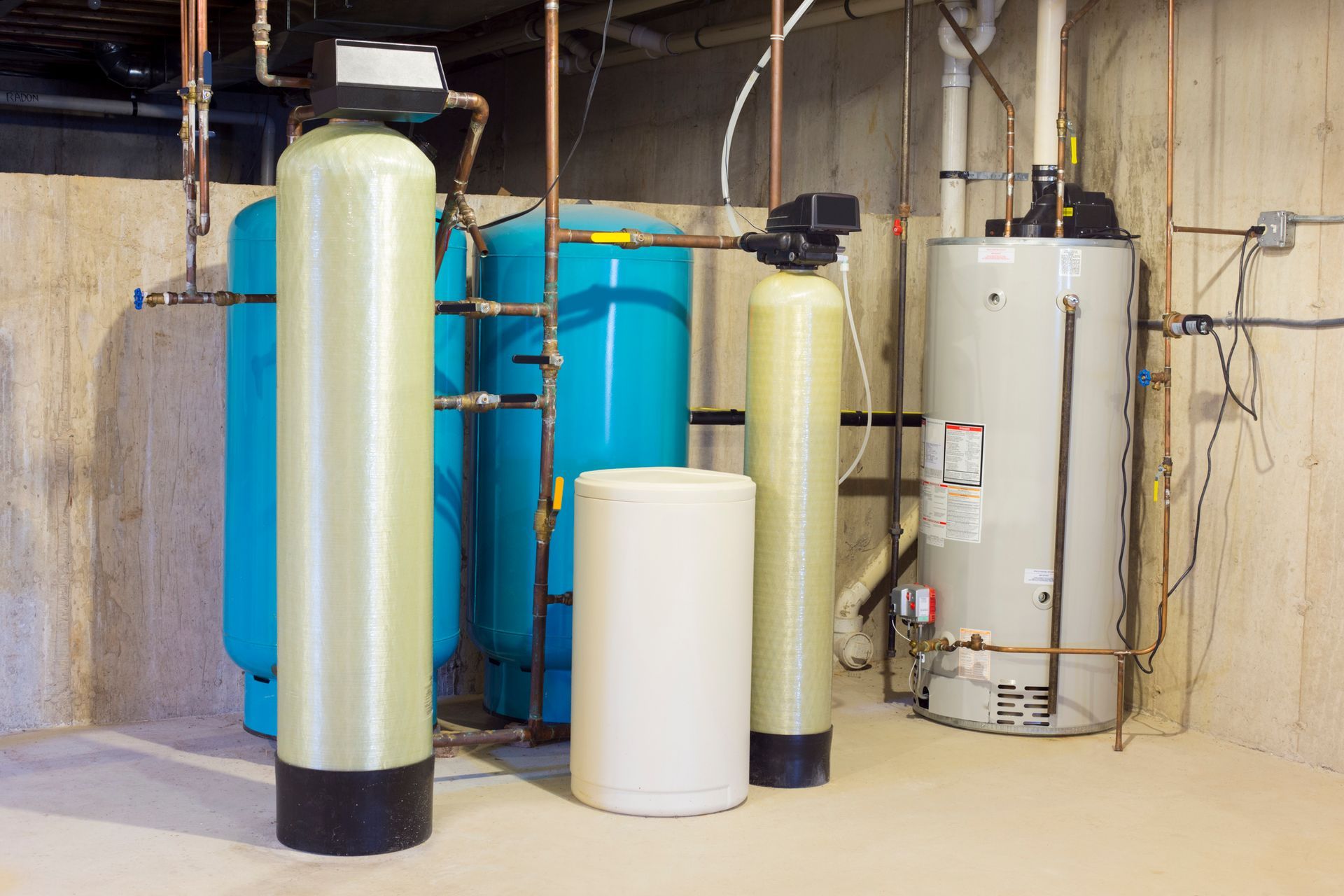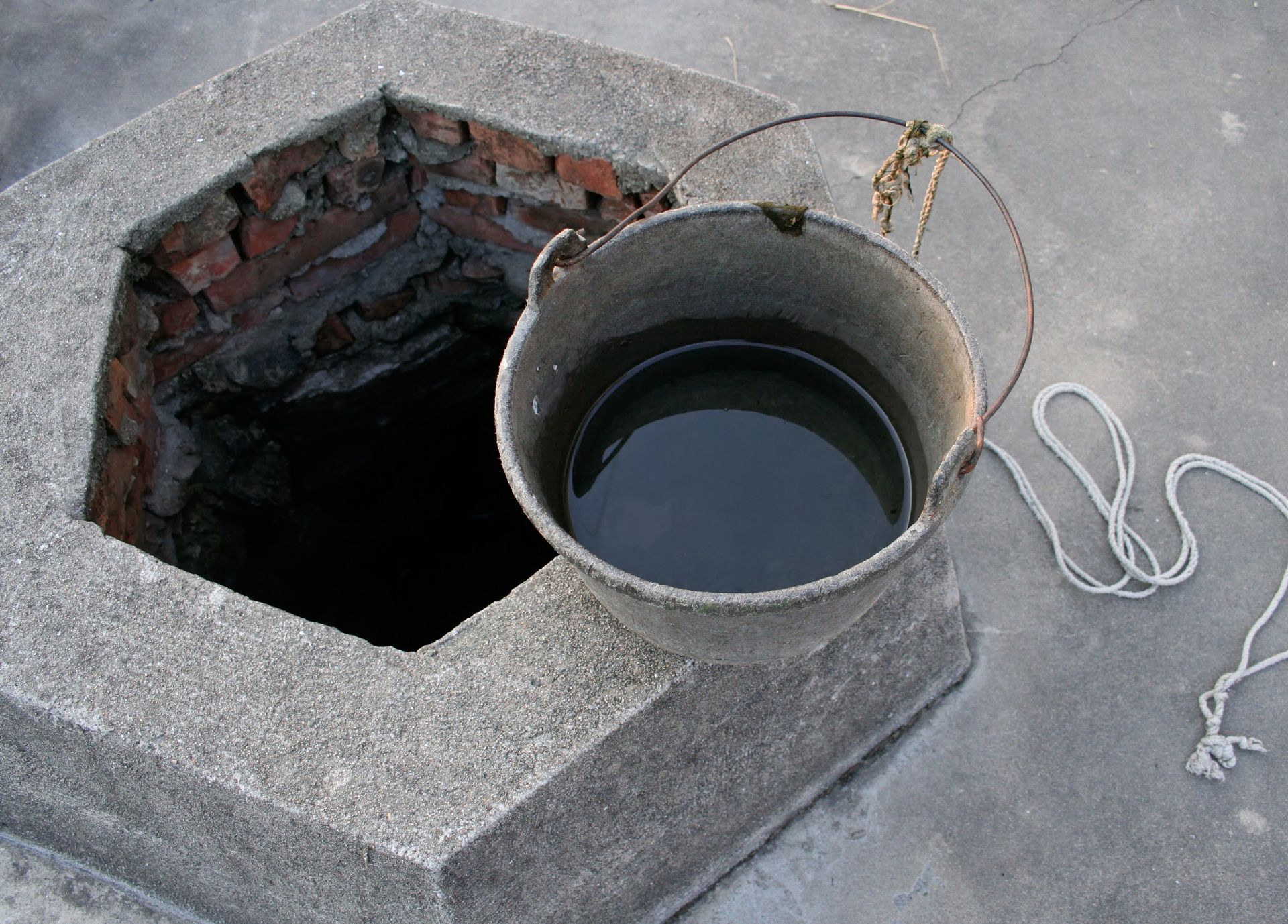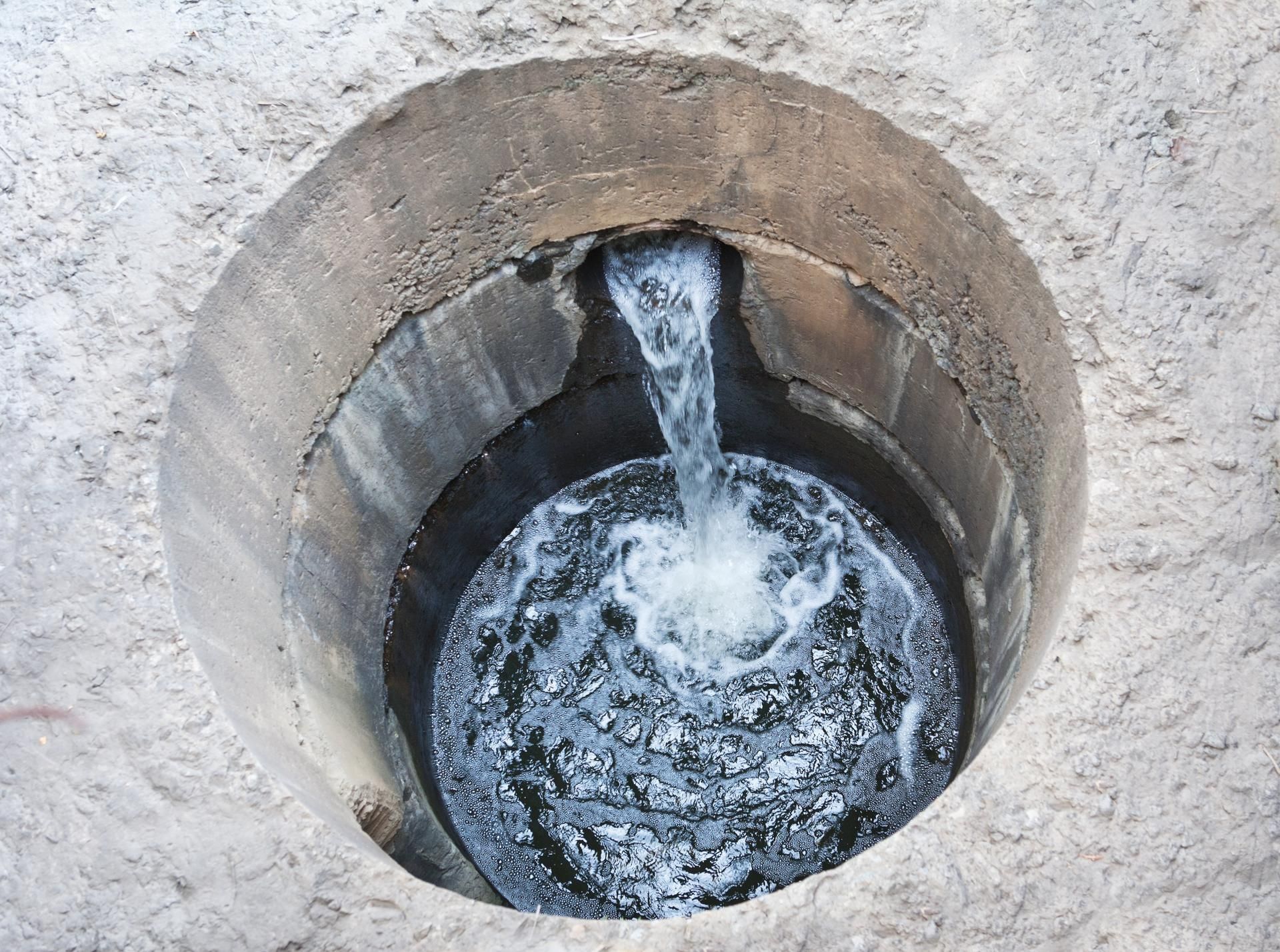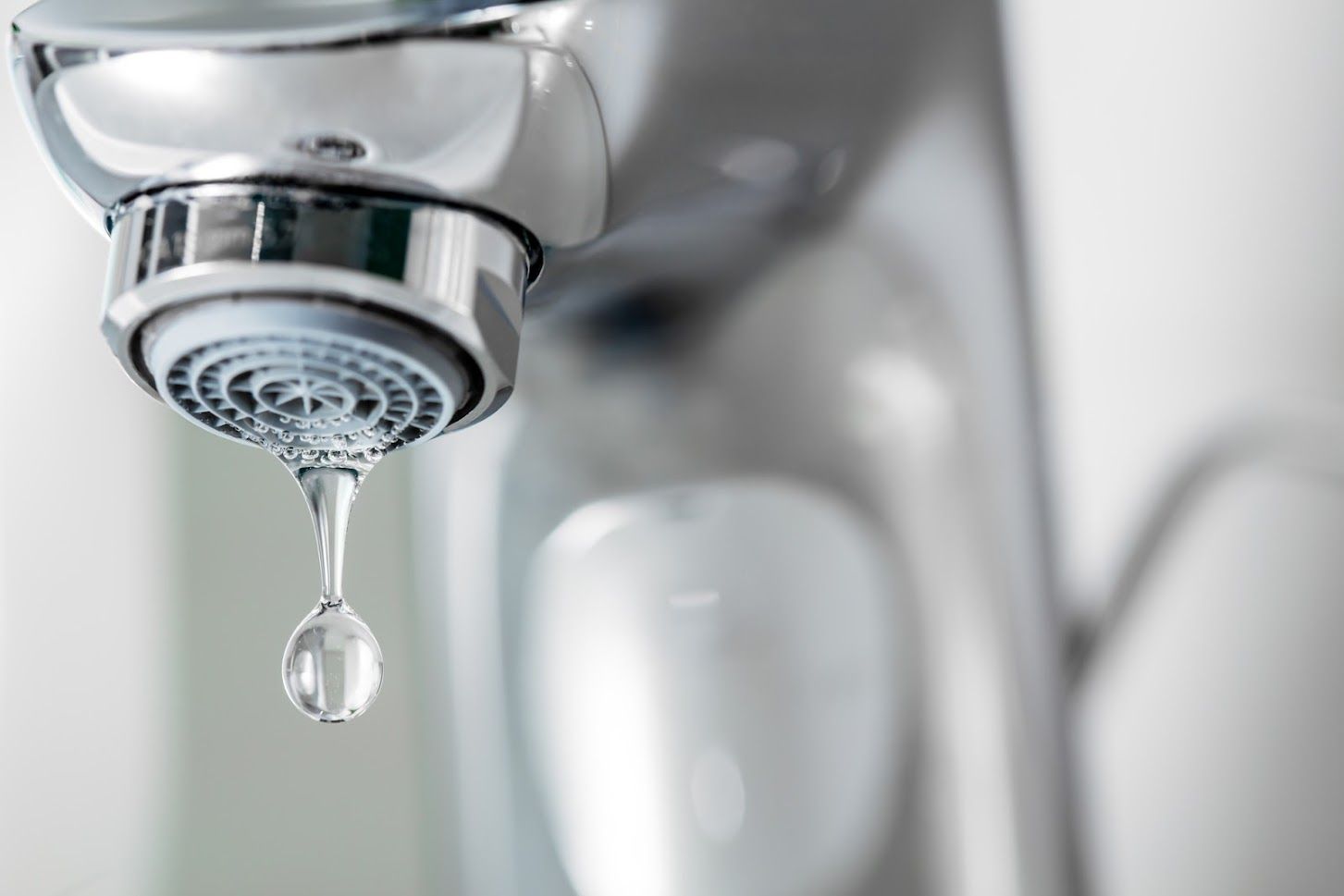4 Types of Water Filtration Systems Ideal for Your Well Water

A well can be a reliable source of water for your home, especially if you live in the countryside. However, well water may contain viruses, bacteria, chemicals, and other harmful things. These toxic substances can cause diseases or damage your property. Therefore, install a filtration system to purify your well water.
Choosing the most appropriate filtration system can be tricky, so know about the types of water filtration systems.
1. Activated Carbon Filter
An activated carbon filter can extract bacteria, chemicals, and other substances from well water. The filter can also remove any foul smell in the water.
A carbon filter uses raw carbon to treat well water. The process starts when the carbon particles expand due to an increase in temperature. These larger particles will attract and trap any impurities in the water passing through the filter.
Two types of activated carbon filters exist: point-of-entry and whole-house systems. Whole-house systems will be at the point where well water enters your house. These systems use a double filtration system to remove any impurities before the water enters your house. Whole-house filters may also have testing ports to determine the purity of water before, during, and after filtration.
Point-of-use systems are behind a specific faucet in your home. This filter is ideal if you get your household water from multiple sources.
2. Iron Filtration
If your well water has too much iron, you might experience a metallic taste or have stained plumbing fixtures. The best way to combat these issues is with an iron filtration system.
These systems are often either point-of-use or whole-house systems. They often use both oxidation and filtration to provide cleaner and clearer water. The amount of iron in your well water can determine the best system and filtration methods for your home.
Usually, with oxidation, it attracts the iron, which allows the iron to become easier to capture. Then, through filtration, the iron filter simply traps the iron and doesn’t allow it to pass. However, frequent filter cleaning is necessary to keep the filter unclogged and take out all the collected iron.
3. Ultraviolet Filter
An ultraviolet (UV) filter can detect and eliminate microorganisms in well water. The device works by focusing UV rays on the water passing through the filter. The rays will penetrate and destroy the cellular structure of microorganisms in the water.
A UV filtration system can kill protozoa, bacteria, and viruses. However, the UV may be unable to pierce the cell walls of certain microorganisms. Hence, if your water testing reveals the presence of hard-to-kill organisms, buy a UV filter that explicitly targets these microorganisms.
In addition, your filtration system will only work if the system connects to an uninterrupted electric supply. Consequently, buy a UV filter that stops water flow into the house in case a blackout occurs.
4. Reverse Osmosis Filter
The reverse osmosis filter has a membrane that can remove debris, chemicals, and microorganisms from well water. The filtration system takes advantage of solubility differences in the water. Reverse osmosis is effective because it can remove total dissolved substances from the water.
A key disadvantage of reverse osmosis is that the filter indiscriminately removes all particles from the water, including beneficial minerals. Consequently, filtered water may have poor taste and minimal health benefits. The solution may be to add post-filtration tools that add minerals to the water to enhance the flavor.
Wells can supplement your home's water supply, but the water may contain impurities. As a result, you need to choose the right filtration system and work with a qualified well services provider, such as Action Well and Pump. We provide multiple services, such as water filtration and water well pump repair. Contact us for all your water well needs. We look forward to helping you have the best well water for your home. Let us know what we can do for you.
